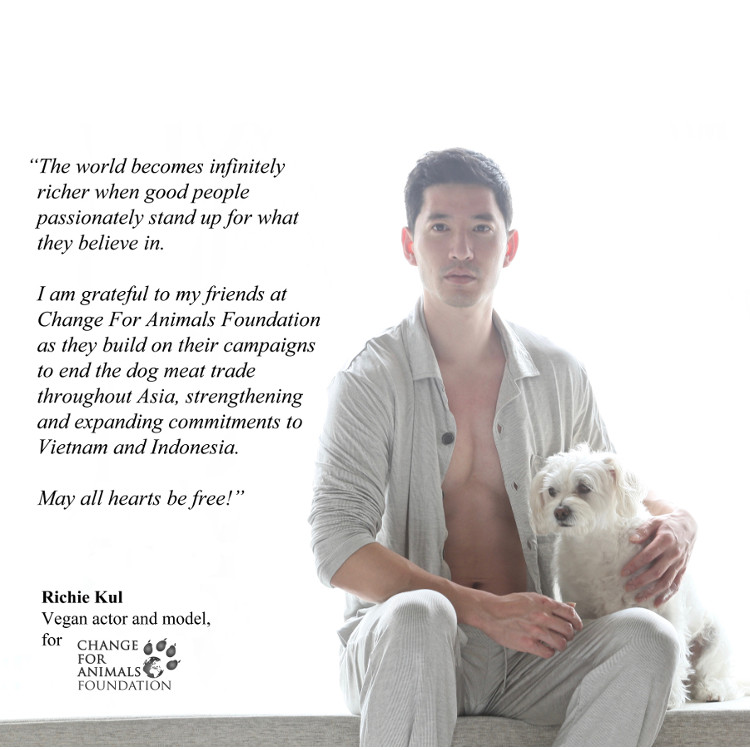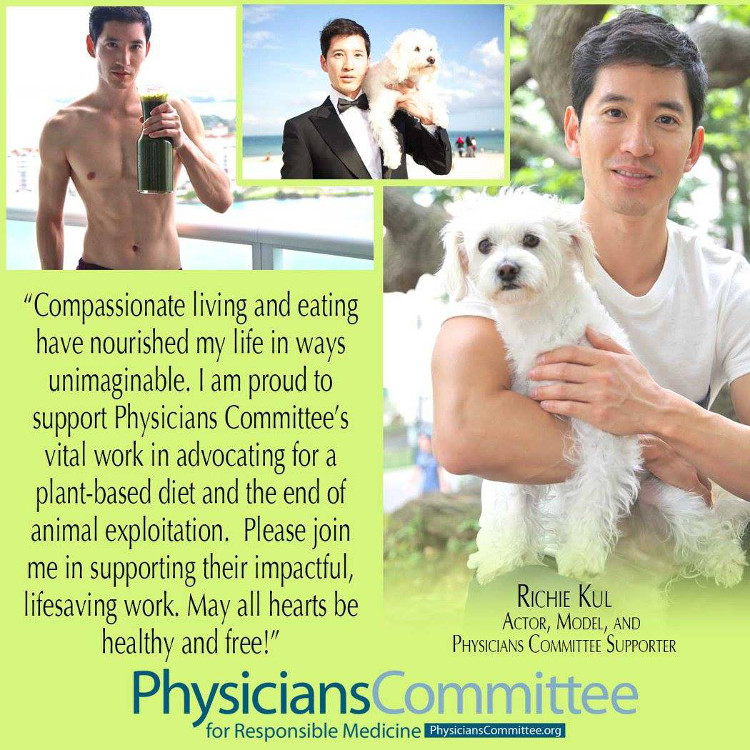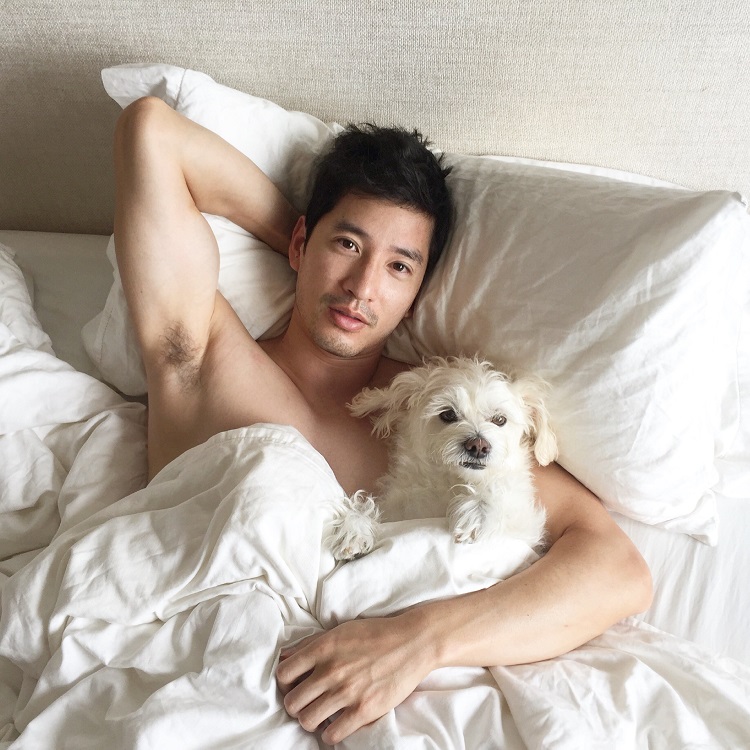As a young child, I vividly recall watching movies like Babe and Charlotte’s Web and rooting for the protagonists to escape harm’s way. And promptly after the closing credits, I would summarily resume habits that were in direct contradiction to the empathy and concern I demonstrated mere minutes prior. Eventually, the more I watched and reflected on this glaring disconnect, the more I began associating the food on my plate with the innocent and intelligent animals that unwillingly lost their lives for said meal.
Not long after, I went vegetarian in my early teens, where I took extended refuge in the comforting illusion that animals used in the dairy, egg and wool industries were somehow compassionately cared for and free to live out a peaceful coexistence. In retrospect, I shake my head at this self-serving fantasyland I inhabited. Just as a car slated to be junked in six months wouldn’t warrant any meaningful care or attention, it makes no sense for commodities, living or otherwise, and with a predetermined shelf life, to be treated with any genuine compassion or respect. In many ways, their drawn-out suffering and the callous breaking of the sacred mother-child bond make the dairy industry even more pernicious than the meat and veal industries it fuels.
Sometimes it takes a sharp and decisive reality check to shake people out of such deeply ingrained complacency, and when I was subsequently asked to endorse vegan initiatives such as US Veg Week and Meat Out, I began to investigate why so many vegetarians were going vegan and eventually determined that exploitation of any shade or color didn’t sit well with me. Knowledge is power, and when we know better, we surely ought to do better.
 |
|
 |
 |





































